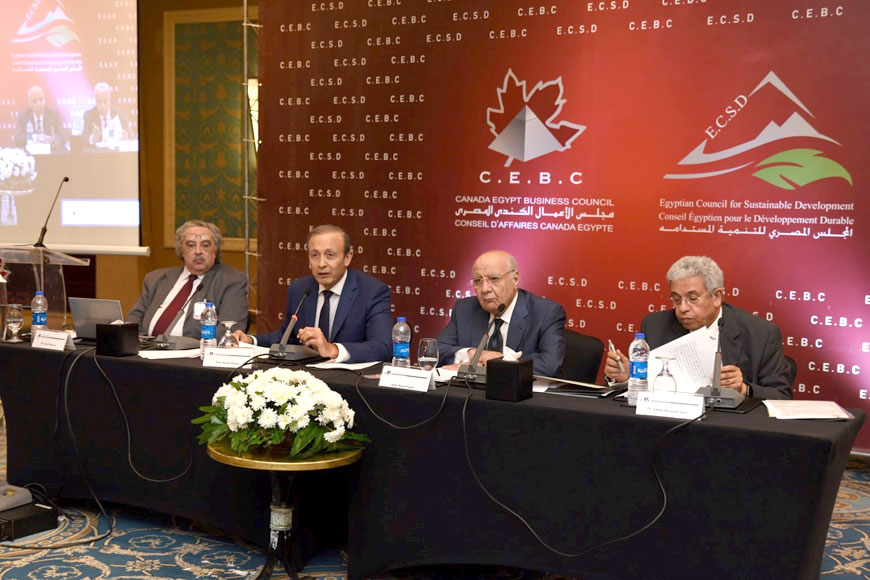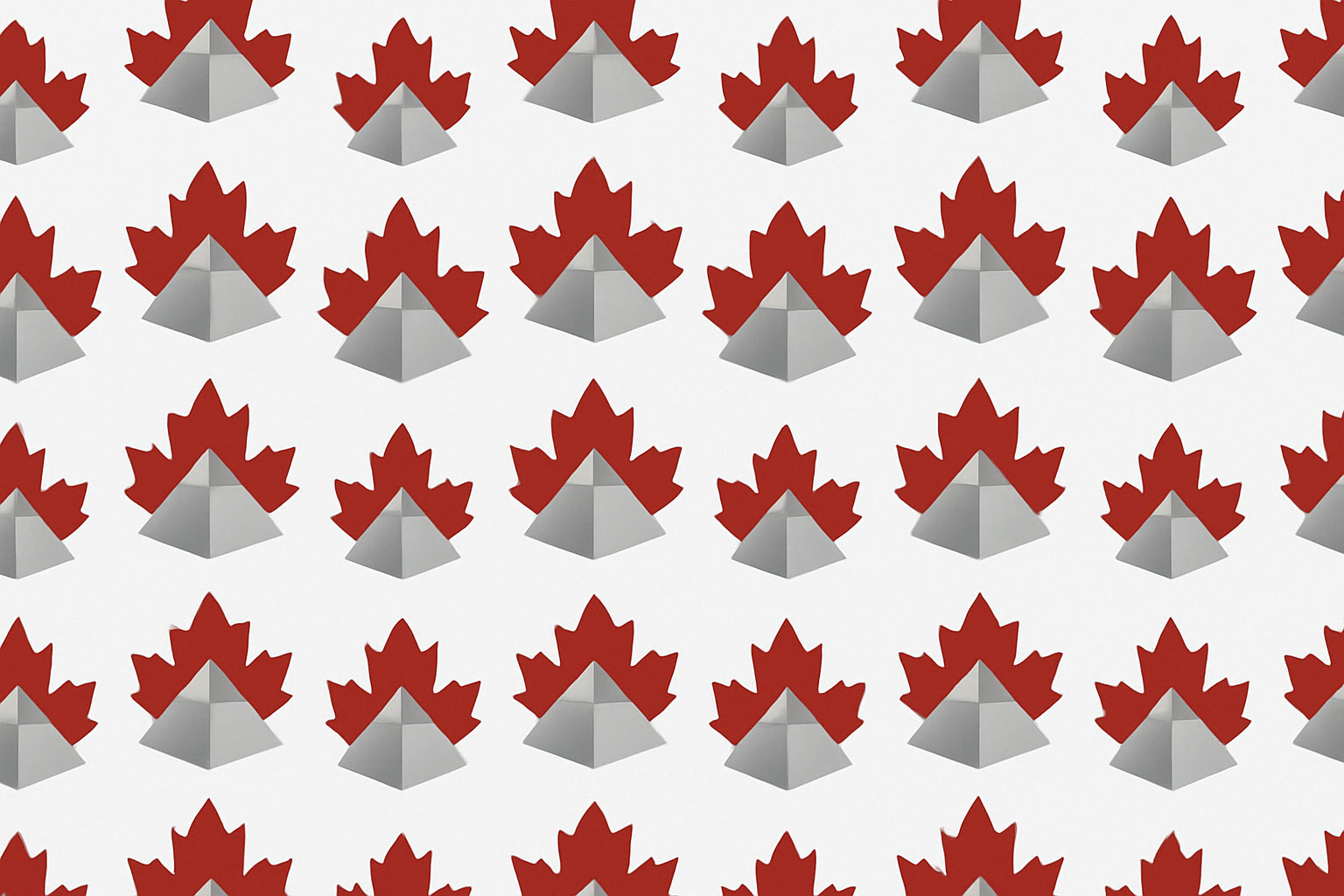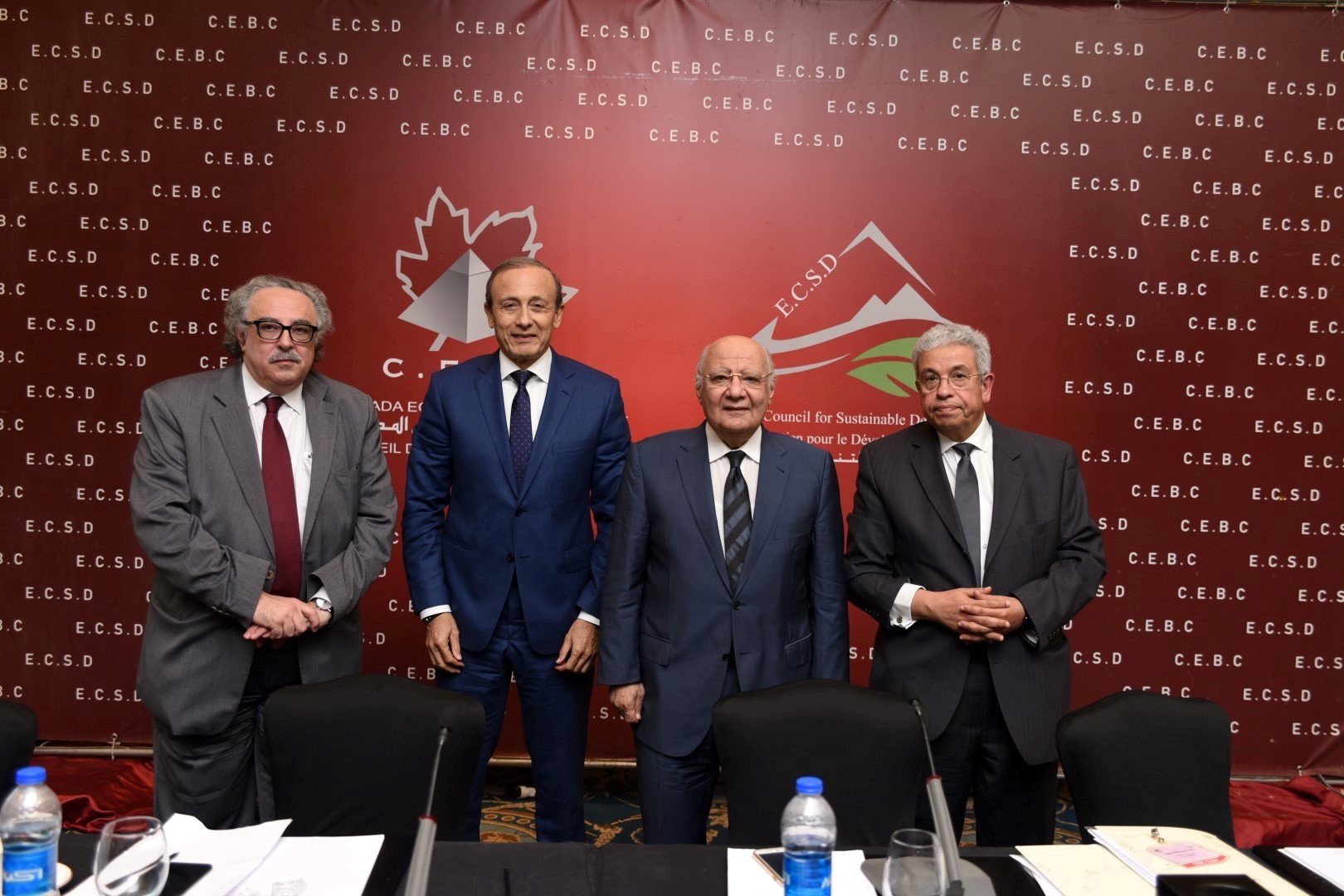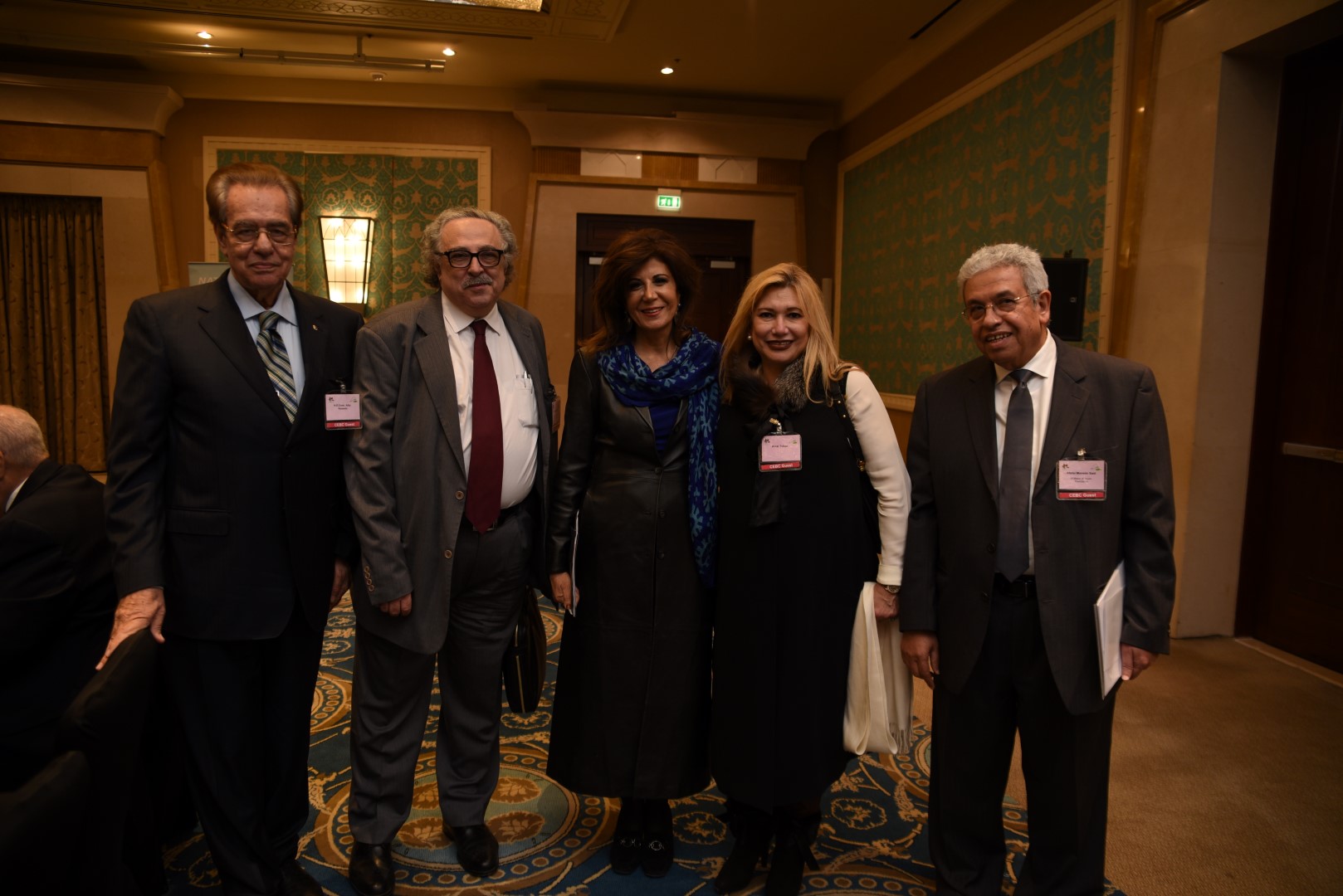
Date
Speaker(s)
Dr. Abdel Moneim Said
Presentation
Description
By virtue of its civilization and history, Egypt has enormous components of culture, literature, science & arts, which has produced a great soft force that has had a significant impact on the Arab, African, Mediterranean and International environment. However, the developments throughout the twentieth century have led to a marked decline in the investment of this force to serve its national, regional and international interests. Today, Egypt is rebuilding its national state, reviving the influence of its soft power and developing it to become a smart force that combines this power with its emerging economic and human capabilities through the hands of the youth & women and in a modern speech that can bring Egypt back to the global agenda and contributes effectively to facing serious intellectual challenges and strengthening Egypt’s economic and political interests. In this context Canada Egypt business council and the Egyptian council for sustainable development organized an event with Mr. Samir Morcos, Member of the Norwegian Academy of Literature & Freedom of Expression and with Dr. Abdelmoneim Said, Chairman of El Masry el Youm foundation under the title of “Soft power & Smart Power… Egypt Talking to the world”.
In the 21st century, the world is undergoing a critical transformation, with nation-states facing serious political and socio-economic issues. The challenges are global in their nature and affect the policies of many countries. A prevalent trend in today’s global context is the individual nation-states’ concern over the power and influence. This is especially significant in light of the growing geopolitical tensions, as well and the diffusion of power among global actors. The smart power is the capacity of an actor to combine elements of hard power and soft power in ways that are mutually reinforcing such that the actor’s purpose is advanced effectively and efficiently.
In the opening remarks Eng. Motaz Raslan welcomed all members and guests, then he explained that over the past period, Egypt has faced many challenges and problems politically and economically not on the local level but on the regional and the global one, where this was one of the reasons behind Egypt’s soft power retreat. Certainly, Egypt has all the ingredients and all the elements of soft power which always give us the position of leadership and power in influencing world public opinion and actively participating in various issues and events. He added that Egypt has great historical, cultural heritage and moral capital, which have made it one of the most important players in the international system throughout the ages. Also, Egypt is one of the first countries to open up to Western culture and it is the leading country in the fields of movies, television, media and music. Egypt has prominent religious institutions such as the Azhar Mosque and the Orthodox Church. All of these elements can represent a strong arm of the Egyptian soft power.
Amb. Raouf Saad mentioned that the soft power can be beneficial in several ways especially in the business sector; he explained that the soft power is becoming stronger, more significant, and should be invested in strengthening the Egyptian international relations. Also, if this power is properly and smartly exploited, it can positively affect the community. He added that we are only in the first stage of establishing the soft and smart power, and we must work on developing it in order to achieve the targeted goal.
Dr. Abdel Moneim Said, Chairman of Al Masry Al Youm, discussed that the concept of soft power would not have become as we know today without several major transformations that have occurred around the world from the industrial revolution to the subsequent decline in hunger, poverty and illiteracy. This had made the use of hard or solid forces very expensive, not only on the financial and human level, but also at the moral level, which is more expensive.
He added that Egypt had used all the soft and hard powers possible over the last two centuries, but it lost much of its standing when it relied on hard power only. Later this status had been regained regionally and internationally by relying on soft power in addition to the hard power. He further explained that Egypt can introduce itself through the idea of research and development, where the existing soft power in Egypt depends on the previous ideas, which need to be reformed, referring to the experience of the United Arab Emirates, which intends to build an integrated city on Mars within 100 years from now, where It relied on soft forces not based on history and culture, but on technological superiority.
Mr. Samir Morcos, Member of the Norwegian Academy of Literature and Freedom of Expression, explained the definition of smart power referring to the experience of Nehru in India in the last century, when he gathered all scientists to achieve his country’s renaissance, and now India relies on technology, specifically the software industry, as the second source of income in the country. As well as the V4 countries of Czechs, Hungary, Poland and Slovakia, who provide funding and technology support to institutions and countries around the world.
He then stressed on the concept of economic knowledge, which depends on technology as a main source, so you can penetrate the world even when you are in a small room, which depends on the concept of networking of institutions on which it is based, pointing out that this area, which was not entered by Egypt can save and add a lot.
The floor was then opened for questions and answers sessions, where several ideas and suggestions discussed the combination of hard power and soft power strategies to expand one’s influence and establish legitimacy of one’s action.
















